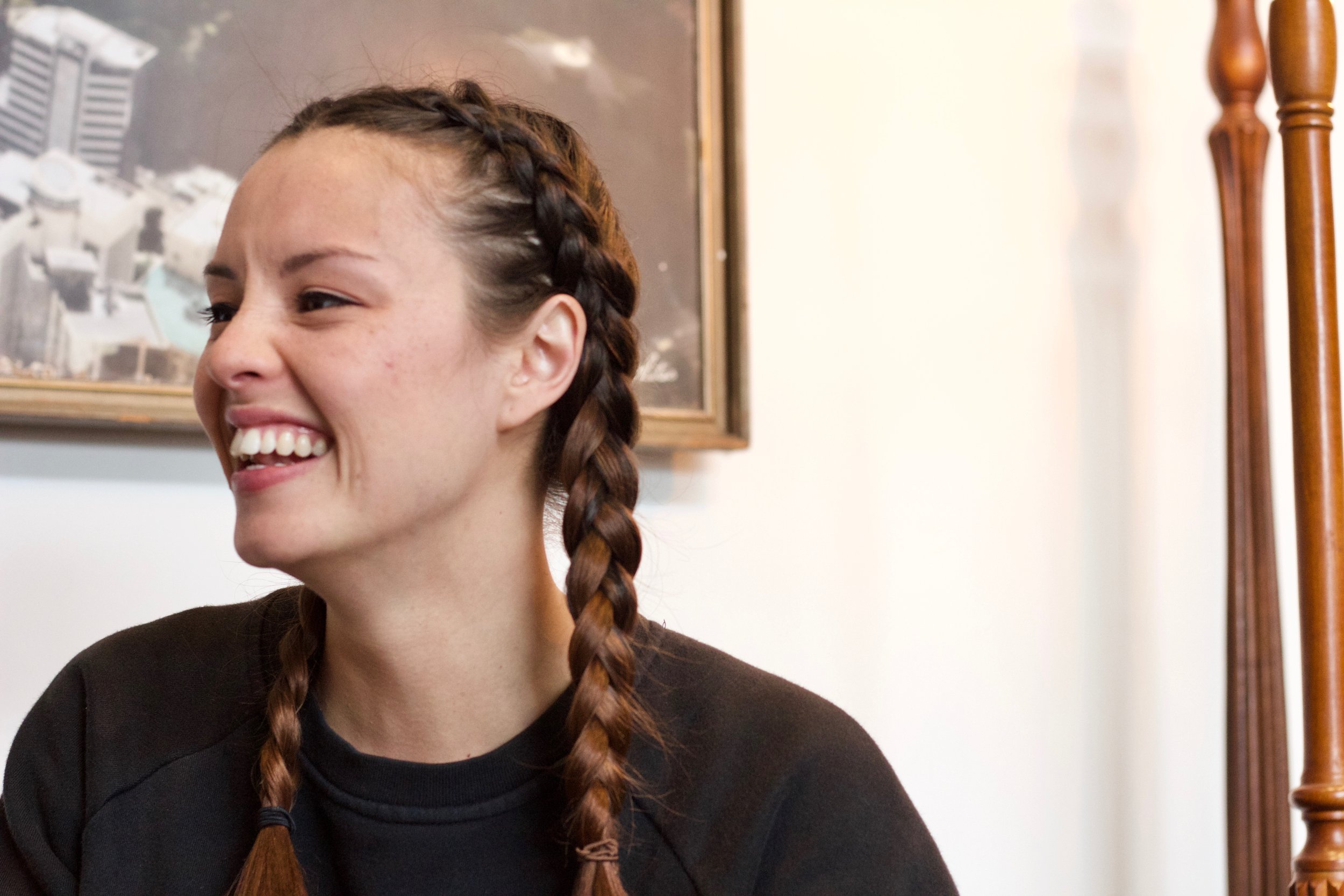"It just makes sense for the stories we see and tell to reflect our world and the diversity of the human experience. Homogenous and whitewashed storytelling is exclusive, damaging and frankly boring."
Two One One Three creatives recently featured PAT co-founder Chye-Ling Huang in their monthly article series 'Friday Five', where fimmakers are asked 5 questions about their process, stories and practice. After making The Han Chronicles and Asian Men Talk About Sex, team Two One One Three asked Chye-Ling about how these projects got off the ground and why we need stories like this to thrive.
You can check out the full series here!
We loved watching your recent series The Han Chronicles (currently on TVNZ OnDemand). Where did this story come from, and what was the process of getting it onto this online platform?
The Han Chronicles is actually a true story of my Dad arriving in Christchurch in the 70’s, meeting my mum and falling in love. My Dad is a great storyteller with relentless optimism, huge heart and a massive sense of childlike humour and his experiences always stood out to me amongst other immigrant stories that I’ve seen on screen. There’s definitely a place for stories focusing on hardship and culture shock, but I was keen to show my Dad’s perspective which is full of discovery, fun and teenage antics – I think it’s important to have cool, positive Asian characters on our screens and my Dad was one swaggy young dude.
I was initially invited to a writer’s room where TVNZ were looking for new ideas for web content of any kind – as TV is mostly online now, they’re making a shift to creating more in-house local content which is awesome. About 8 ideas were chosen from that session, and from there it was all go. I had a lot of creative freedom and was able curate cast and crew and director which is always important to me when creating work with an Asian story at the centre. TVNZ launched it on youtube and their own platform, and it also got played on international channel Asian Crush.
In the past, you’ve done lots of theatre, but have recently turned to the screen. What’s behind this change in medium?
I grew up a very ‘analog’ kid with 3 sisters – we played in sandpits of rice, had a lot of toys and made our own games. Theatre always made sense to me as it’s a very hands on way of storytelling where you’re physically involved and can see it unfold in real time.
The technical side of film always scared me a little and as an English speaking Chinese New Zealander I never grew up with any particular screen heroes that inspired me to get into film. The Loading Docs initiative was the platform that got me making film – the callout was for stories around the theme of ‘diversity’, which led to my team being chosen to make our 3 min doco, Asian Men Talk About Sex, as one of 10 other films. This platform was an incredible mentoring opportunity and basically taught me everything from the story making process to marketing and distribution.
Chye-Ling Huang, director and Calvin Sang, DOP on the set of Asian Men Talk About Sex
With such a supportive network and a super fun topic it was easy to get past the technical worries – the team around me really made it easy and I could focus on what I love most, the story and the people involved. Screen is super exciting in it’s reach and scope and I’m pretty hooked now.
What’s the best thing you’ve watched recently, and why?
Aside from the genius that was Thor, The Meyerwitz stories really got me excited. The dialogue was always revelatory; every time a character spoke, you dug deeper into the weird corners of their minds – nothing was arbitrary.
I love ensemble pieces in general and this one felt really connected with each story adding to the next. The Big Sick was inspiring from a representation standpoint as well as being super charming and surprisingly weird.
You are the co-founder of Proudly Asian Theatre, a company dedicated to giving a voice to Asian theatre artists in NZ. Why is diversity in storytelling important?
Because stories aren’t homogenous. It just makes sense for the stories we see and tell to reflect our world and the diversity of the human experience. Homogenous and whitewashed storytelling is exclusive, damaging and frankly boring.
People don’t realise just how influential mainstream storytelling is – films especially. Stories have the power to change the way we think about people and seeing yourself as the hero of the story is not only empowering, it’s normalising.
To exclude and sideline POC, women or any other marginalized group is to passively ‘other’ us for whoever consumes media, and as much as we like to think we’re immune to it, those ideas do stick. Speaking as a POC filmmaker, it’s not enough to have one or two stories about POC experiences, because not every POC story is the same. It’s exciting to hear new voices and see things from different perspectives and we should embrace that.
Huang on the set of The Han Chronicles
Both Asian Men Talk About Sex and The Han Chronicles centre on male characters. Do you have any advice for young filmmakers wanting to create stories that aren’t necessarily their own? How do you stay relate to your subject if they are different to you (whether that’s gender, race, age etc)?
With AMTAS, myself and filmmakers Ruby Reihana-Wilson and Kelly Gilbride made 100% sure we were doing justice to the subjects and the story by folding in Asian men from the beginning. As an Asian woman I felt I had a strong place to stand from culturally, but I knew I could miss insights and nuances that come from the male perspective. James Roque, co-founder of PAT, advised us before we even begun.
Asian Men Talk About Sex kicks off with a casual pot-luck hosted by the team
We made sure our core crew were all Asian men, as well as having active advisor roles in Nathan Joe and Micheal McCabe who provided some great queer insights. Calvin, (our DOP and editor) and I had a fluid relationship to the storytelling and although I directed and interviewed, his input was key to making the story represent these guys in the way they wanted to be. So my advice would be to make sure you choose your team wisely, listen to them and create a community with like-minded intentions for the project you can trust to speak up.
Han Huang (left) meets Jarrod Lee (right), who acts as young Han in The Han Chronicles
Never be afraid to check your privilege & viewpoint on something you haven’t lived. I feel like I embark on projects I connect with regardless of gender or race, and if that connection is authentic I don’t feel like I have to force anything and find it easy to relate – I’m super interested in sex and race and it was great to look at it from another perspective.
Maybe because I’m from an acting background I find understanding easily in most stories, but there are of course stories I wouldn’t go for if someone else from that unique experience could do it better.





